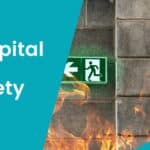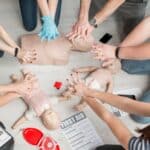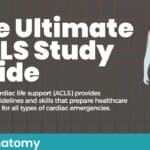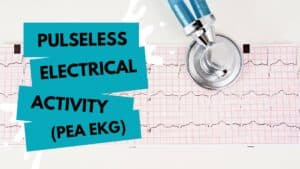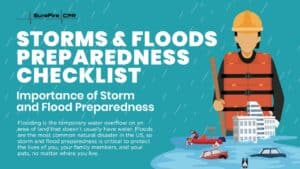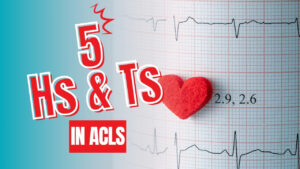“Knots in my stomach” is a catch-phrase most people recognize to represent feeling stressed. Being “stressed out” is a common expression heard almost daily in many environments. We have become a culture used to stress on a daily basis and our health is being affected. Basic and advanced life support (ACLS) measures utilized by pre-hospital personnel in response to victims who fall prey to the long term effects of stress are ours on an emergent basis, but there is much we can do to prevent that call to assistance. Decreasing stress is one of these steps.
Granted, not all stress is “bad” stress. Occasionally, an increase in stress is helpful – motivation required to get that project completed by deadline, make the repairs on the car long overdue or study that extra hour for a final exam. All of these types of stressors propel us into positive action, something that is beneficial. It is when stress turns into a negative long-term presence, leading to high blood pressure, weight gain, insomnia and increased illness that attention needs to be directed to alternative action.
Finding coping mechanisms that work are as individual as one’s eye coloring. Activities to decrease stress for one person may increase stress for another (and visa-versa). For example, my dad is a three-time Olympic competitor. His life has been structured around intense training designed to push his body to its limits. Running cross-country after a full day of downhill skiing is his method for reducing stress. While joining him in a beautiful day spent on the slopes is very stress-reducing to me, doing so on a foul-weathered day (followed up by cross-country skiing in a blizzard) does nothing to improve my state of being. Likewise, taking a couple of hours to powerwalk hills or spending an afternoon at the movies causes the veins to pop out in dad’s neck after which he’ll likely rush off to the slopes for relief.
One activity we both agree upon is yoga. The hour spend in peaceful pranayama as we ask our bodies to pose and our minds move into a state of submission brings both of us immeasurable relief from the stressors in our lives. Meditation exercises following yoga practice takes us into a deeper state of relaxation, allowing heart rate, blood pressure and respirations to decrease and the body to succumb to a state of peacefulness.
But yoga may not be the choice of everyone. Finding that coping mechanism specific to each individual is the key component to decreasing overall negative stress. The benefits identified by the Mayo Clinic are many, some of which are listed here:
When faced with numerous responsibilities and tasks or the demands of an illness, relaxation techniques may take a back seat in your life. But that means you might miss out on the health benefits of relaxation.
Practicing relaxation techniques can reduce stress symptoms by:
- Slowing your heart rate
- Lowering blood pressure
- Slowing your breathing rate
- Increasing blood flow to major muscles
- Reducing muscle tension and chronic pain
- Improving concentration
- Reducing anger and frustration
- Boosting confidence to handle problems
Discovering your individual coping mechanisms are an excellent way to begin moving down the road toward better health. Give yourself the gift of wellness in 2012 by discovering heart healthy habits that decrease the negative stressors in your life.


